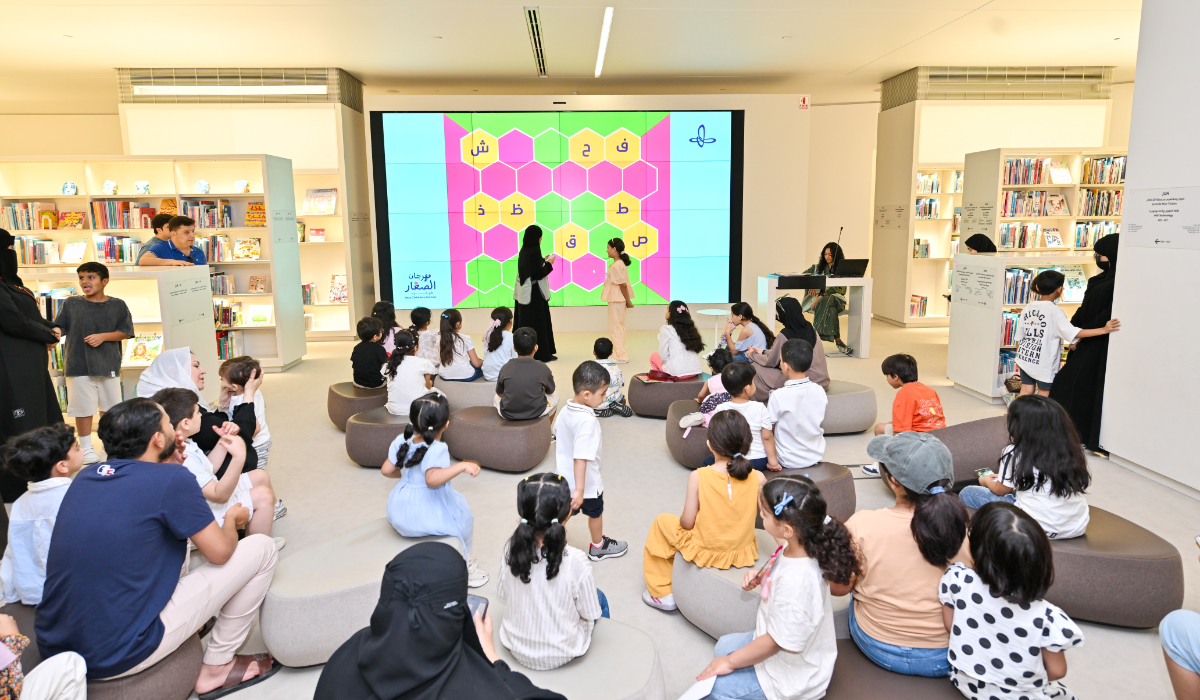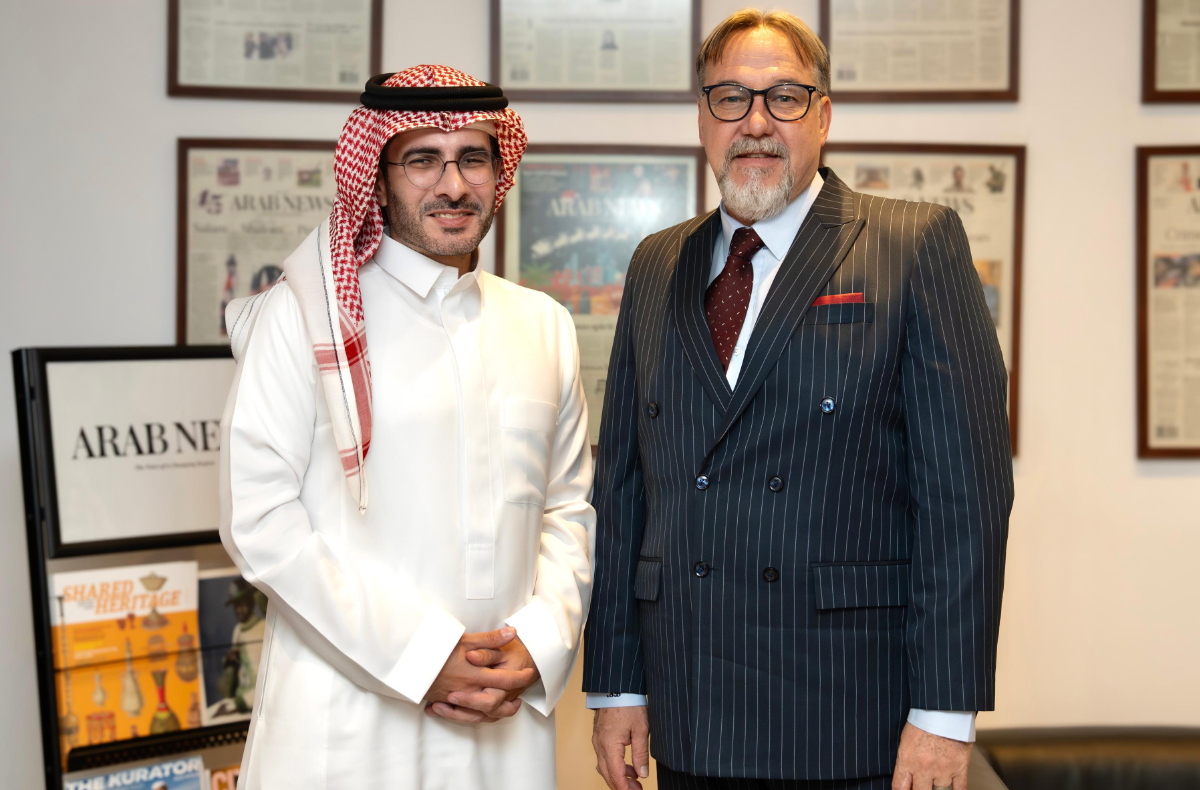JEDDAH: About 80 countries including Saudi Arabia reached a historic agreement on Friday on rules governing global digital commerce, including recognition of e-signatures and protection against online fraud.
“We negotiated the first global rules on digital trade,” EU trade chief Valdis Dombrovskis said after the deal in Geneva following five years of negotiations.“This will facilitate e-transactions, boost innovation, and integrate developing countries into the digital economy,” he said.
Britain said the agreement would commit all participants to making customs documents and processes digital and recognizing e-documents and e-signatures, and put in place legal safeguards against online fraudsters and misleading claims about products.
Once in place, the deal “will make trade faster, cheaper, fairer and more secure,” Britain said in a statement.
The text of the agreement says the parties will seek to limit spam and protect personal data, as well as offer support to least-developed countries.
Ninety-one of the World Trade Organization’s 166 members took part in the negotiations, including Saudi Arabia, China, Canada, Argentina and Nigeria.
Digital commerce is growing far faster than its traditional counterpart.
The OECD group of economically developed nations says it estimated that in 2020, e-commerce already made up a quarter of global trade, making it worth just under $5 trillion.
Despite its growing importance, “no common set of global rules exist,” said British Trade Secretary Jonathan Reynolds.
Finalizing the negotiations “is a huge step forward in correcting that and ensuring British businesses feel the benefit.”
The talks were launched in 2019, with around 90 negotiating countries — representing 90 percent of the WTO membership — including heavy-hitters like the United States, the European Union and China.
Australia, Japan and Singapore, which have jointly been leading the Initiative on Electronic Commerce talks, presented a joint statement during a closed-door meeting at the WTO confirming that “after five years of negotiations, participants had achieved a stabilized text.”
But actual implementation of a deal could still be years off.
A small number of negotiating countries have yet to sign on, including the United States, Brazil, Indonesia and Turkiye, the declaration said.
“The text released today ... represents an important step forward for the WTO in a sector of growing importance to the global economy,” US ambassador and Deputy US Trade Representative Maria Pagan said in a statement.
But the United States considers that “the current text falls short and more work is needed,” she said, pointing in particular to an “essential security exception.”
The co-conveners of the talks have in recent months stressed the importance of landing a deal, stressing it could facilitate electronic transactions, promote digital trade and foster an open and trusted digital economy.
“This would be the first-ever set of baseline digital trade rules,” Singapore’s ambassador to the WTO Tan Hung Seng said in April.
“It would contribute to the growing e-commerce in our countries by providing greater legal predictability and certainty, against the backdrop of increasing regulatory fragmentation,” he said.
In Friday’s statement, UK Science Secretary Peter Kyle said the agreement aimed “to help people use technology safely by protecting them from fraud, while driving economic growth through the digitalization of trade so it’s faster and more secure.”
Preferential treatment
The agreement also includes a component providing preferential treatment to developing countries.
In addition to paving the way for digitalising customs documents and processes, the text also seeks to make permanent a long-held moratorium exempting electronic transactions from customs duties.
The moratorium has been in place since 1998, and has been extended at each WTO ministerial meeting since. It is currently set to expire in 2026.
“Once in force the agreement will permanently ban customs duties on digital content,” the British statement said.
The aim is to incorporate the digital trade rules into the WTO legal framework, but that would require consensus backing from all members, including those not part of the deal.
That could be tricky at a time when countries like India and South Africa are balking at what they see as a proliferation of plurilateral agreements within the WTO rather than the all-but-impossible multilateral deals backed by all members.
One solution, observers say, could be for the signatories to move the agreement to another international body. But if they do that, they would not be able to rely on the WTO’s mechanism for resolving trade disputes.
(With Agencies)





































